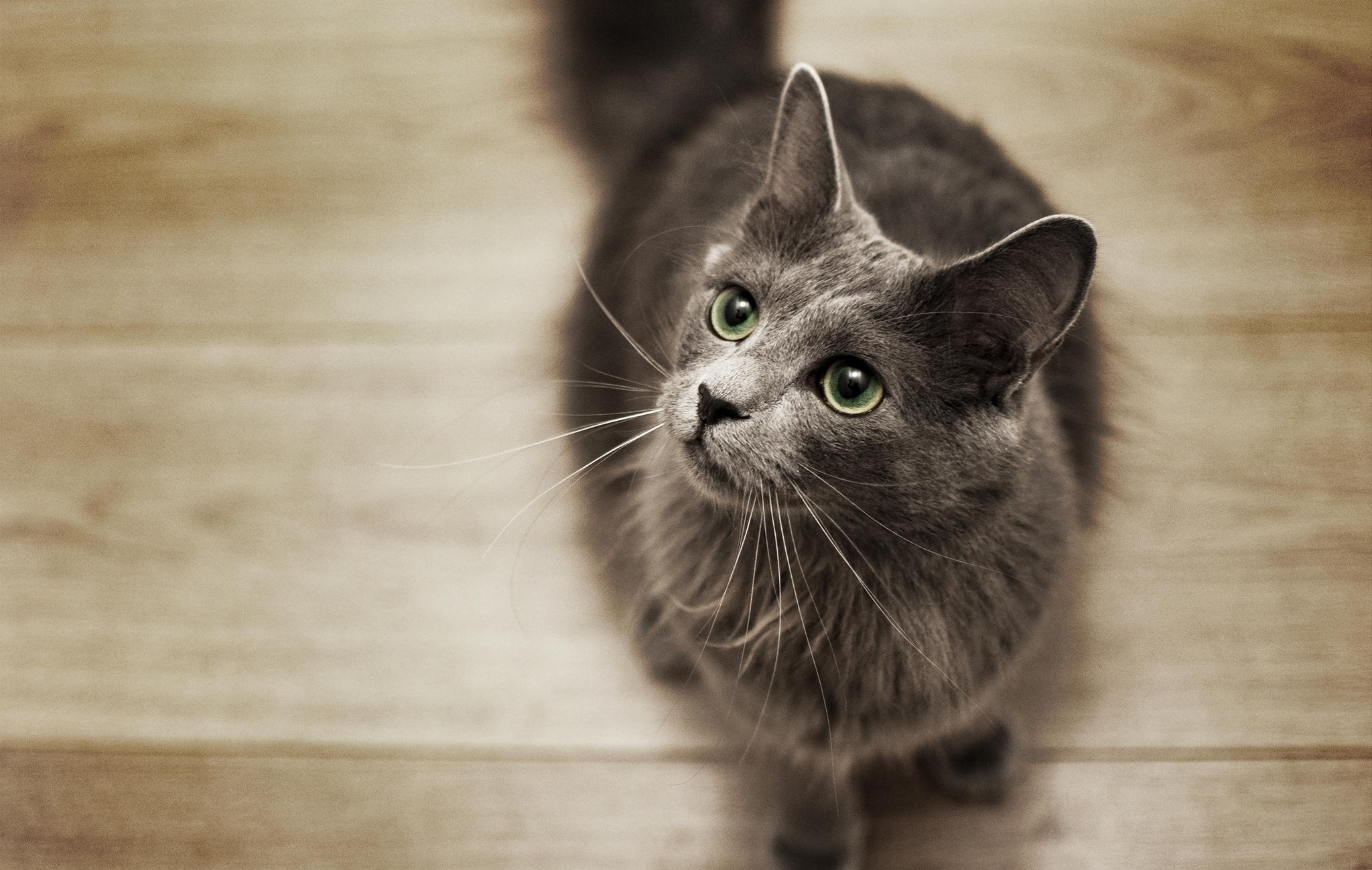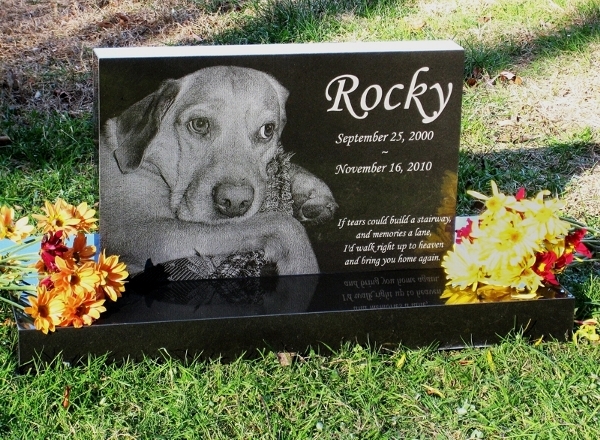Whether we profess to being Animal Lovers or not, most every human has felt in some way, the loss of a companion animal. It may have been a stray we fed for months or even years, or a cherished and pampered pet who was a part of our everyday lives.


Somehow the human-animal bond reaches beyond the human relationships we have {rife with conflict and ego} into an almost naturally sacred realm. The loss of such a friend is felt very deeply.


Unfortunately, our beloved animal friends have a naturally shorter lifespan than most humans, so this grief is common, shared, and universally heartfelt. It can also seem overwhelming and agonizing at the most inopportune moments as we try desperately to heal and at the same time, carry on with our lives.
Robin Jean Brown offers us another way, a special guide to help us cope with our loss rather than sitting and crying helplessly.

Using Robin Jean Brown’s Dependable ROAR Method.
If you loved your pet, this special guide is necessary…to get the help you need right now. Instantly. Even if it’s 3 in the morning.
| “Robin, when I lost my dog after 11 wonderful years, I was devastated. I felt all alone without my beloved companion. When I tried talking to people, they would laugh and tell me it’s just a dog.
After reading your guide and doing the exercises, I’m feeling tremendously better than before. I’m still grieving, but I’m thankful that now I have a helpful resource to comfort me.” Jennifer T. |
All pet lovers have to face the death of their pets, sooner or later.
Other people don’t understand what it’s like. They may think that “it’s just a dog,” “only a cat,” or “just a rabbit.” But you and I know that the pain of loss that we feel is very deep and very real.
You see, it’s not only the loss through the death of your animal…but also the losses of companionship, comfort, security and love…that cause your pain.
Robin Jean Brown faced that journey when her beloved companion animal died after a long, painful ordeal with brain cancer.
That Will Show You
Exactly What To Do To Cope
Instead you’ll find exercises and self-help activities that will help you work through your pain. Every chapter has Journaling Questions that will validate the sorrow that you’re feeling, as Robin leads you to create your own unique story of you and your beloved pet.
Robin is a kind, understanding person, because she’s been through the sadness herself of losing a pet who she considered to be her closest friend in the world.
Many people don’t understand this truth: “Grief is like a raging river. In order to get to the other side, you must swim through it. And if you avoid swimming through, you’ll never get to other side.”
By Suppressing Their Grief.
Due To These 14 Myths…
- Myth#1: People who experience intense grief over a pet who died (or will die) are weird.
Truth:
- You are normal and healthy when you feel this way. People who have strong feelings about the loss are capable of intimate attachments and deep emotional bonding. This is something to be proud of, not something to put down.
- Myth#2: The loss of pet is insignificant when compared to the loss of human life. To grieve for the loss of a pet devalues the importance of human relationships.
Truth:
- The loss of a beloved animal companion
can be as emotionally significant as the loss of a close human relative.
- You can love and care about both animals and humans.
- Myth#3: It’s best to replace the lost pet as quickly as possible to ease the pain of loss.
Truth:
- An animal companion can never be “replaced.” Every pet is different, with a unique personality. Naturally, the bonding toward each the pet is different. So, before getting another pet, people need to be emotionally ready.
- Myth#4: You should mourn alone. Be strong and independent when it comes to this. Don’t burden others with your problems.
Truth:
- Mourners can greatly benefit by the empathy, caring, and understanding of supportive others. (And by the way, others do want to help you.) However, it’s necessary to be selective about where you turn to for help because some people do not take pet loss seriously.
- Myth#5: You should “just get over it.”
Truth:
- When people say this to you, it’s based on the faulty assumption that you get closure to your mourning when you have only pleasant memories of your pet. But
not everyone can achieve quick resolution on their own
- to such a profound loss. You see, one cannot fully appreciate pleasant memories unless one has unpleasant memories to contrast them with.
- Myth#6: You’re selfish if you euthanize your pet.
Truth:
- Euthanasia can a compassionate and humane way to end the intense suffering or declining quality of life of a companion animal. It would be selfish to prolong the suffering of an animal in pain.
- Myth#7: The best way to cope is to suppress and bury your grief. Keep busy so as to not dwell on your troubles.
Truth:
- Grief will not just go away. Sure, it may go away unresolved…only to come back haunting you. By following the exercises and applying the ROAR methods to go beyond the five stages of grief…you’ll be able to accept your reality…and
move toward recovery from the pain
- .
- Myth#8: When people talk with sadness about missing their furbaby, it’s best to redirect their attention to pleasant memories they have about the pet.
Truth:
- People who talk about their unpleasant feelings want receptive ears. Redirecting their attention reflects the discomfort of the listener rather than the needs of the mourner.
- Myth#9: Time heals all wounds. Just give it enough time and you’ll no longer feel so bad.
Truth:
- Time by itself does
not
- heal the pain. It’s what you do with your time that matters.
- Myth#10: The best way to protect yourself from the pain of pet loss is to not get another pet ever again.
Truth:
- This isn’t the solution. Though there’s a price for loving the pet deeply, the courageous act of getting another pet brings positive hope to the mourner. (Don’t do this too soon though. On page 127,
Robin reveals when the time is right to get a new pet
Myth#11: Children handle pet death rather easily. The experience will not be carried over into adult life.
Truth:
- Children feel as strongly over the loss of a pet as adults do. You should not overlook this.
- Myth#12: It is best to protect children from the upsetting truth of what has happened to their pet.
Truth:
- Without showing the truth to children, it will cause more pain to them. And they may unfairly blame themselves for their pet “running away.”
- Myth#13: Pets don’t mourn for other pets.
Truth:
- Some animals do develop strong bonds with other pets in the household. They will show some symptoms of mourning as people do.
- Myth#14: There is no need for someone to work through their emotions step by step in order to deal with this.
Truth:
- Grieving is a long, complex process. Robin’s guide will take you through the stages of grief — what to expect, what not to expect, and…most importantly…for each stage it will answer the question “Why do I feel this way?”
If you’re still holding onto any of the 14 myths of grief…Robin Jean Brown’s comforting guide is absolutely for you.
To Get You Through The
Turmoil, Sadness, and Tears
Click Here For Relief For Your Grief


